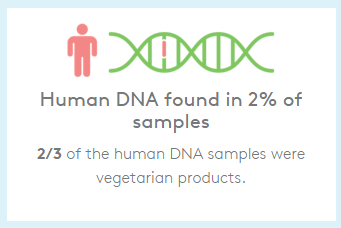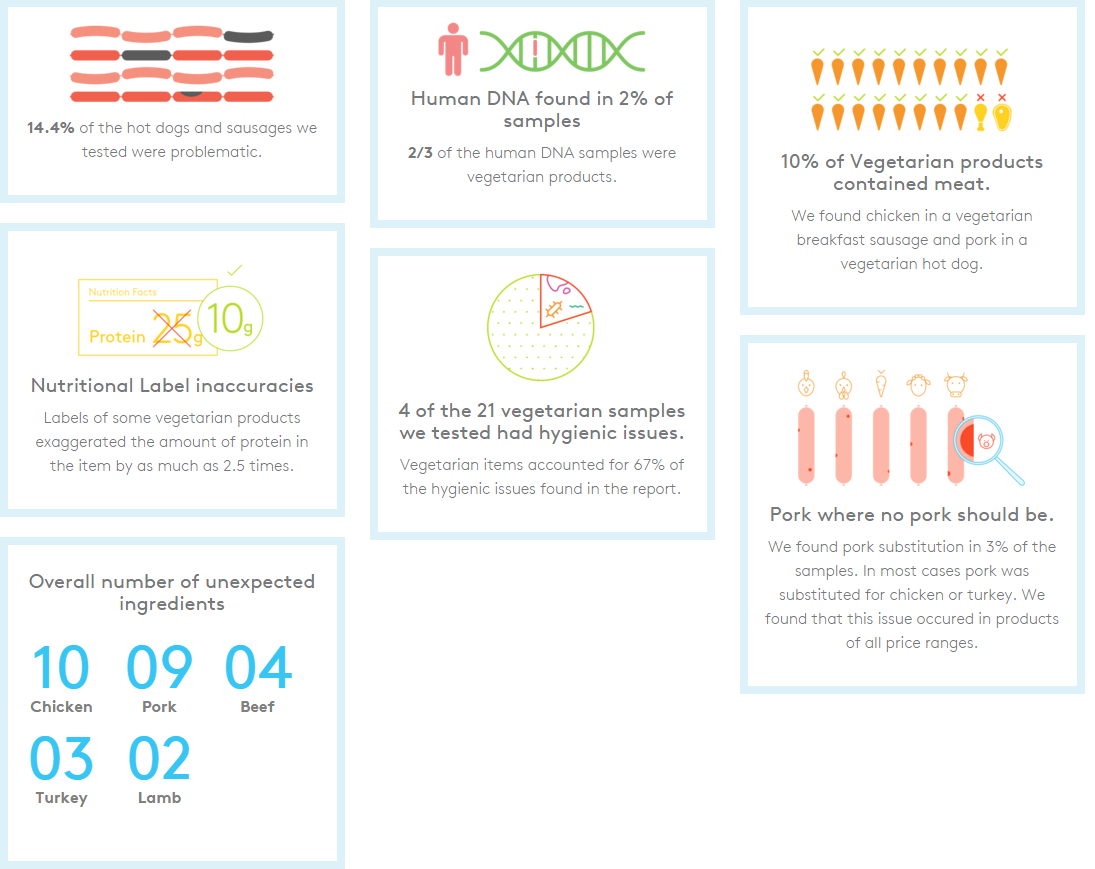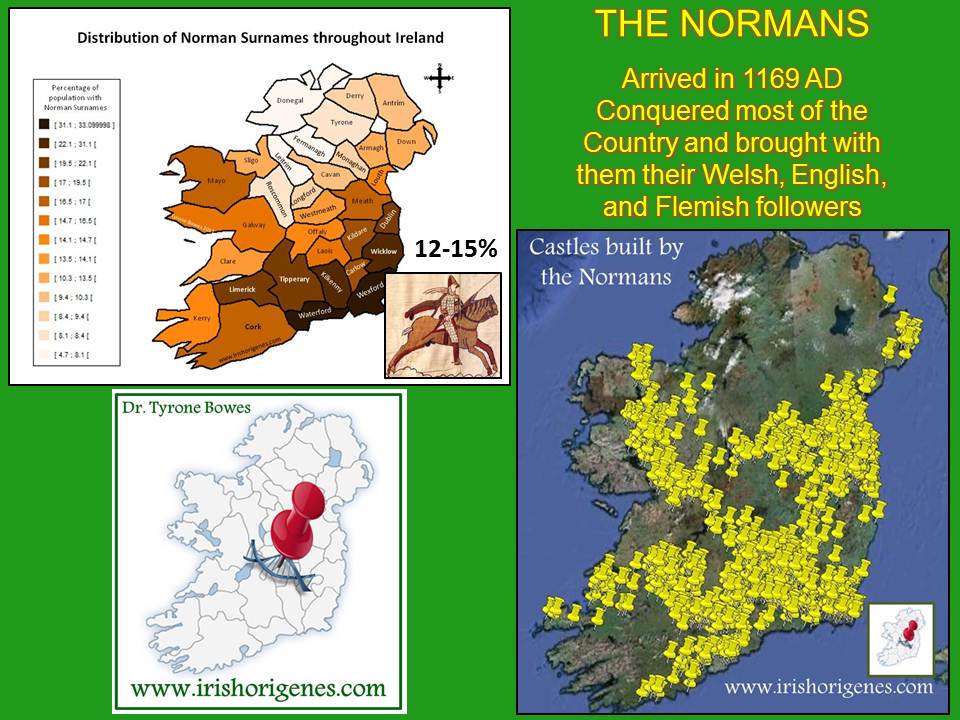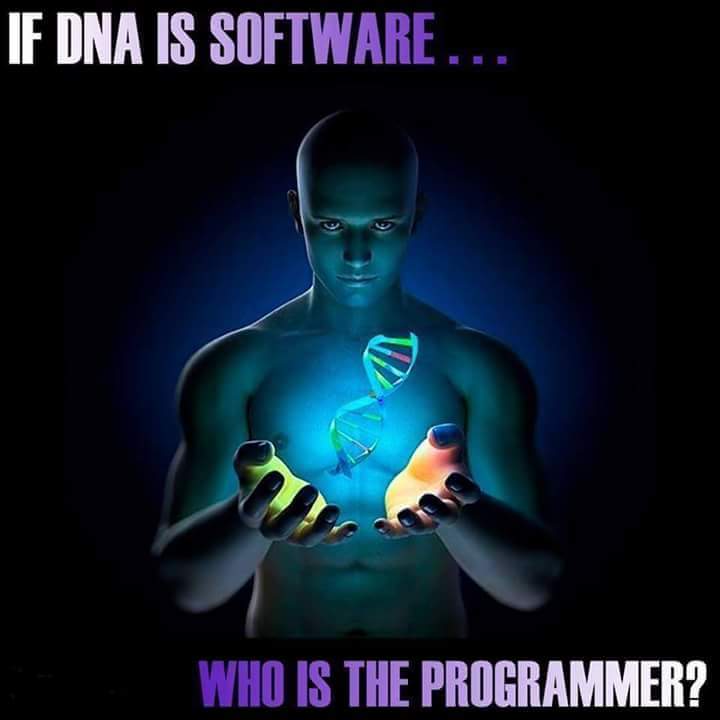The stuff we call food in many Western countries would have our ancestors rolling in their graves. From chemical laced additives that  cause a plethora of various diseases such as cancer, to genetically modified organisms (GMO) that we call food. Not only is our food being modified, it is also being tampered with and things such as human DNA are being found in our food such as in this case below.
cause a plethora of various diseases such as cancer, to genetically modified organisms (GMO) that we call food. Not only is our food being modified, it is also being tampered with and things such as human DNA are being found in our food such as in this case below.
Our new food realities resemble something cooked up in a cheesy horror movie by the Doctor of Frakenstein in some dark dungeon that we call scientific laboratories. This isn’t some B movie with a weak script coming from a washed up Hollyweird writer after a moth long cocaine binge.
Keep in mind that this is our real lives folks, and this food is coming to our super market shelves that is stamped and approved by our governing authorities who have deemed it fit for human consumption.
A new report by Clear Food, an agency that uses next-generation genomic technology to analyze the world’s foods at a molecular level, ingredient by ingredient. Our mission is to reveal the whole story—the one behind the label.
According to the National Hot Dog and Sausage Council, in 2014 Americans spent $2.5 billion on hot dogs, another $2.74 billion on dinner sausages, and over half a billion on breakfast sausage. Los Angeles was the most hot-dog hungry American city. Residents consumed thirty-nine million hot dogs in 2014, and Dodgers fans did their part: they ate three million hot dogs last season. Not to be outdone, Boston Red Sox fans devoured five million sausages, making Fenway Park the sausage capital of the major leagues.
Of the 345 hot dogs and sausages Clear Food analyzed for this report, 14.4% were problematic in some way. Problems included substitutions and hygienic issues. Substitution occurs when ingredients are added that do not show up on the label. Hygienic issues occur when some sort of non-harmful contaminant is introduced to the hot dog, in most cases, human DNA. Here’s what we found:
- Substitution: We encountered a surprising number of substitutions or unexpected ingredients. We found evidence of meats not found on labels, an absence of ingredients advertised on labels, and meat in some vegetarian products.
- Hygienic issues: Clear Food found human DNA in 2% of the samples, and in 2/3rds of the vegetarian samples.
We found evidence of chicken (in 10 samples), beef (in 4 samples), turkey (in 3 samples), and lamb (in 2 samples) in products that were not supposed to contain those ingredients.
Pork is a particularly unwelcome substitution in any food when you consider that significant numbers of people do not eat pork for religious reasons. Clear Food found pork substitution in 3% of the samples we tested. In most cases, pork found its way into chicken and turkey sausages. Pork substitution was an issue in products across the price spectrum being sold at a wide variety of retailers.
While some of these substitutions, hygienic issues, other variances, or off-label ingredients may be permitted by the FDA, our scientific disclosure allows you, as the consumer, to decide whether the variance or problems meet your personal standard in your buying decision.
Read more on this report from Clear Food

Moe is the founder of GnosticWarrior.com. He is a father, husband, author, martial arts black belt, and an expert in Gnosticism, the occult, and esotericism.





![How Theodore visited all places; how the Churches of the English began to be instructed in the study of holy Scripture, and in the catholic truth, and how Putta was made bishop of the Church of Rochester in the roam of Damianus [669 A.D.] | Book 4 | Chapter 2 How Theodore visited all places; how the Churches of the English began to be instructed in the study of holy Scripture, and in the catholic truth, and how Putta was made bishop of the Church of Rochester in the roam of Damianus [669 A.D.] | Book 4 | Chapter 2](https://www.gnosticwarrior.com/wp-content/plugins/contextual-related-posts/default.png)



